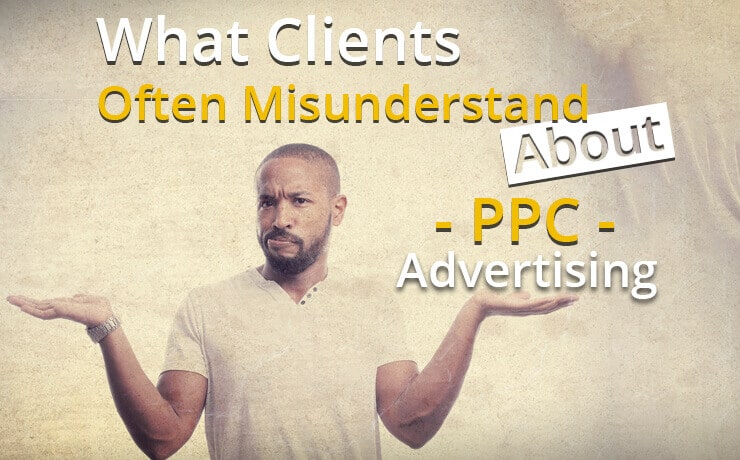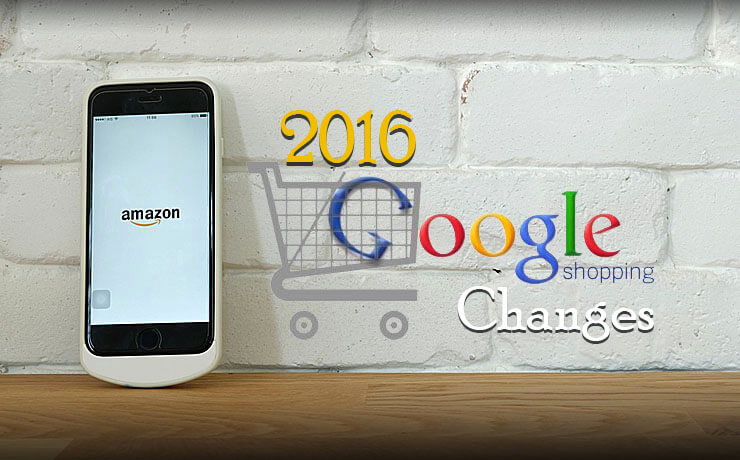What Clients Often Misunderstand About PPC Advertising

Chad Faith
Director of Content

You are planning to use PPC advertising to market your business. However, you have only heard just that little about it and are curious to learn more. PPC refers to pay-per-click. It is a model of Internet marketing which involves advertisers paying $X each time one of their featured ads are clicked. Another way to look at this is that you are buying visits to your site. Let’s find out more about PPC by understanding what clients usually misunderstand about it:
There’s No Need to Optimize My Website
There is a wide range of elements that go into Google’s quality score and its rankings. It’s true that targeting, ad copy, keywords, and budgeting are some of the selections in AdWords that play a significant role in determining one’s ad’s positioning. But when it comes to quality score, the user experience on your site is actually the remaining piece to the quality score puzzle. Other pieces include AdWords performance, keyword relevance, and budget.
In today’s time, it is highly recommended that you have a mobile-friendly site. Google favors websites that can be accessed via any device. What’s more, mobile traffic is expected to continue increasing. If you don’t start boasting a functional mobile experience, Google is only going to get harder on you.
Next, you will get penalized by Google if your landing page doesn’t contain relevant search terms and/or advertisements visitors clicked to get there. Major search platforms often take into account how long users stay on one’s page and bounce rates. It is not okay for people to only stay on your page for a second or two! Aside from ensuring the relevance of your landing page. It needs to be easy to use and navigate.
Most of the time, it is not about having the highest budget in the world that counts, or targeting every single keyword imaginable. One’s PPC program can easily suffer it their on-site experience is subpar.
Budget is Not a Major Issue
Always remember that your company is not the only entity in your industry using a PPC strategy. National brands are known to possess 10x the advertising budget. You should expect to face stiff competition. Hence, you should start laying down the details and ask yourself: what do provide and/or sell? Is it a relatively expensive service and/or product?
Once that’s done, the next step is to use a keyword planner tool to gain a better idea of what keywords will cost per click. Lowering the cost per action for PPC campaigns usually entails finding keywords that come with little competition and yield high search volumes. Instead of bidding for similar keywords that 10 other competitors are trying for, focus on niche keywords that can help direct qualified users to your site.
Keep in mind that bidding the highest for a certain keyword does not guarantee that your ads appear on top. Google is a competitive market and that’s why it tries it best to keep things fair for everyone. It keeps things under control and determine ad positioning by analyzing the sites’ quality score. The elements that make up quality score comprises landing page experience and copy, ad copy, expected click through rate (CTR), and keyword relevance.
Clicks: The More, the Merrier?
Is getting 80 clicks sufficient? Or is getting 120 clicks better? Well, it depends. Let’s say that you get 120 clicks, no wait, 200 clicks! How many of them took action? For example, made a purchase, contacted your business, completed a contact form, or basically converted into a paying customer. If you received just 80 clicks, which resulted in more conversions, isn’t that better? You shouldn’t be spending more and still end up with useless clicks.
 Free
Consultation
Free
Consultation Free
Google Ads Audit
Free
Google Ads Audit







